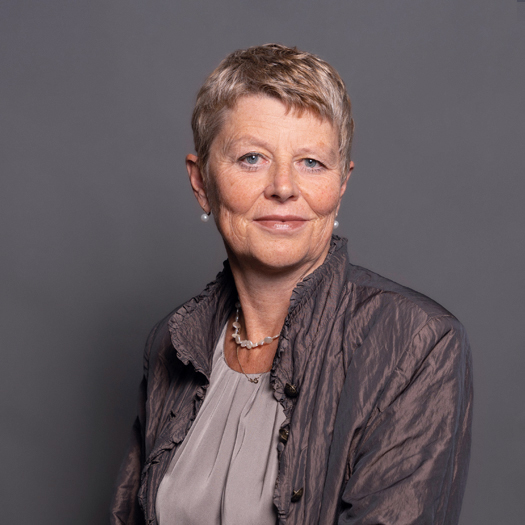Climate Policy and Energy Transition: Challenges and Prospects
First-Hand Information on Economic PolicyOn 9 October 2019, the German government adopted the Climate Action Plan 2030. It shall ensure that Germany achieves its climate protection goals drawn up following the Paris Agreement. But is this plan pointing in the right direction?
By signing the Paris Agreement, Germany committed itself to maintaining global warming to well below two degrees above pre-industrial levels. To this end, the German government seeks to reduce greenhouse gas emissions by at least 55 per cent by 2030 compared with 1990 levels, and to become almost carbon neutral by 2050. Truly, this is a Herculean Labour. Germany has already abandoned its self-imposed 2020 emissions cut target. The necessary expansion of the electricity grids is indeed progressing, but not as fast as it should be. Also, it is still being discussed how a 65 per cent target share of renewable electricity can be achieved by 2030. This debate is further fuelled by the youth protest “Fridays for Future”, which has put climate change at the top of the political agenda.
Several questions are at the core of the debate: Is the climate package sufficiently ambitious? Are policymakers on the right track to achieve a successful energy transition? Does the planned introduction of a CO₂ pricing system for the transport and buildings sector provide the right incentives? And finally, how are Germany’s climate efforts to be evaluated in view of the currently sluggish climate policy ambitions of the international community?
Climate policy means focusing on energy policy. We are most pleased to welcome Peter Altmaier, Federal Minister for Economic Affairs and Energy at ZEW where he will exclusively outline his plans for a successful energy transition.
Minister Altmaier’s lecture is embedded in the ZEW’s focus topic “Climate Change and Energy Transition” which we are currently working on e.g. as part of the “Dialogue on the Economics of Climate Change”.
We would like to thank the ZEW Sponsors’ Association for Science and Practice for supporting the lecture series First-Hand Information on Economic Policy.













